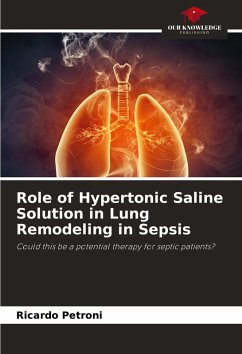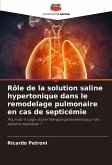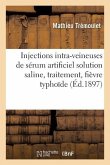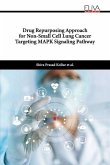Sepsis is an inappropriate inflammatory response triggered by the presence of bacteria and/or bacterial products such as lipopolysaccharides (LPS). Severe sepsis and septic shock are associated with mortality rates of 40 to 60%. Respiratory failure is among the most frequent complications of severe sepsis, occurring in almost 80% of cases. Around 40% of patients with sepsis develop acute respiratory distress syndrome (ARDS), characterized mainly by altered respiratory function, the appearance of interstitial pulmonary edema and collagen deposition in the lungs. Although volume replacement is normally used in septic patients, there is no consensus on the volume to be administered, and the use of small volumes is currently recommended. In this context, hypertonic saline (7.5% NaCl, HS) has been presented as a potential therapeutic agent. In order to contribute to the knowledge of the benefits of hypertonic saline (HS) in sepsis, this study aimed to evaluate the action of early and late treatment with hypertonic solution in the lungs of rats induced to sepsis by lipopolysaccharides.
Bitte wählen Sie Ihr Anliegen aus.
Rechnungen
Retourenschein anfordern
Bestellstatus
Storno








